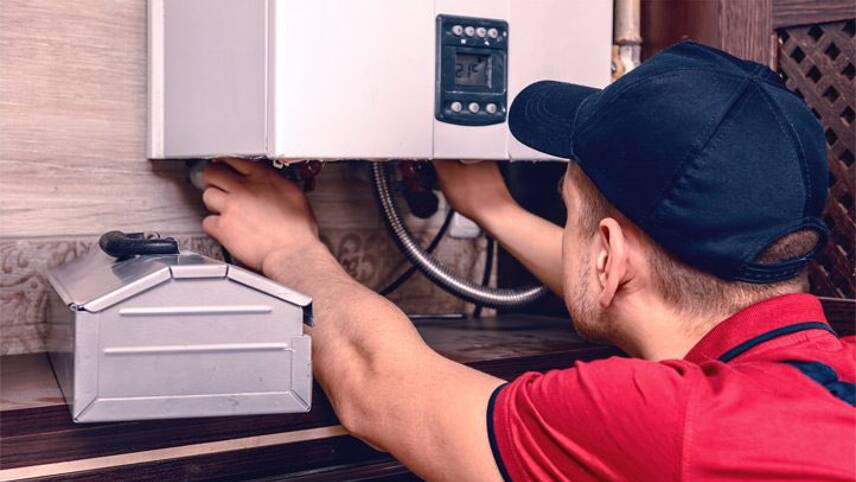Register for free and continue reading
Join our growing army of changemakers and get unlimited access to our premium content

Businesses which apply for the extension will have until March 2022 to finalise their appliacations
In a decision paper published late last week, the Department for Business, Energy and Industrial Strategy (BEIS) confirmed that applicants for the Non-Domestic RHI will be eligible for a 12-month extension from March 2021. This will give them until the end of March 2022 to complete their applications.
BEIS first confirmed it was mulling an extension to the RHI in February and, in the months that followed, touted a potential six-month period. Green groups told ministers that a longer period would be preferable, as businesses are having to deal with Brexit preparations as well as Covid-19, and as heat is one of the UK’s biggest hurdles on the road to net-zero.
The Renewable Energy Association’s (REA) head of policy Frank Gordon said the decision on the extension is “welcome” and could support “hundreds of businesses” across the UK.
“We are also pleased to see Government working closely with industry to tweak the design of this extension, responding to feedback on the original proposals, helping to ensure the measures are as successful as possible,” Gordon explained.
“However, it should not be forgotten that this measure only helps projects that are already in the pipeline. There remains a growing renewable heat policy gap, with no firm indication yet on how new industrial or business heat decarbonisation projects are going to be delivered once the RHI is closed for good next year.”
On his latter point, Gordon is referring to the Heat Strategy, which is due for publication this Autumn. Ministers have reportedly paired it with the Buildings Strategy. The framework is expected to confirm the specifics of the RHI’s replacement – the Clean Heat Grant.
This new grant scheme will provide up to £4,000 per applicant. It may also have stricter eligibility criteria and exclude biomass. Organisations including the CCC, REA, Confederation of British Industries (CBI) and UK Energy Research Centre have all urged those developing the Strategy to make it broader in scope and longer-term than the RHI.
The Domestic RHI had already been extended to 2022. It is not expected to fulfil its purpose of converting 12% of UK homes to renewable heat by the end of 2020 – current trajectories suggest the proportion will stand around 8%.
Cashing in on low-carbon heat
In related news, the Scottish Government has today (9 November) announced a new £4.5m “cashback” incentive schemes for homeowners looking to install energy efficiency measures or renewable energy infrastructure.
Applicants will receive up to 75% cashback towards the cost of a renewable heating system, up to a maximum of £7,500 per home.
For energy efficiency measures like insulation and triple glazing, the proportion stands at 40%, up to a maximum for £6,000 per home.
A separate £4m cashback scheme with similar rules has also been created for SMEs.
“This new scheme is part of our action to reduce emissions from heating our buildings and to support a green economic recovery from COVID-19 and I hope suitably qualified businesses are able to also pick up some valuable local work,” Scottish Energy Minister Paul Wheelhouse said.
This is in addition to the £4 million renewable heat cashback scheme for SMEs which opened for applications last week.
WWF Scotland’s head of policy Fabrice Leveque added: “Transforming the way we heat our homes is a vital component of Scotland’s journey to zero carbon. This funding will help homeowners reduce their energy bills while also cutting damaging emissions.”
Sarah George


Please login or Register to leave a comment.